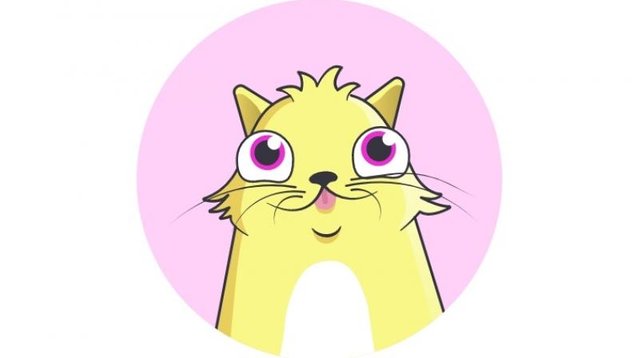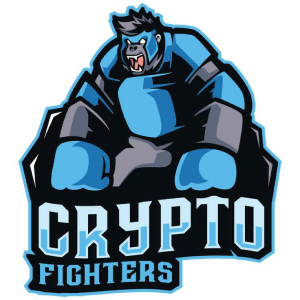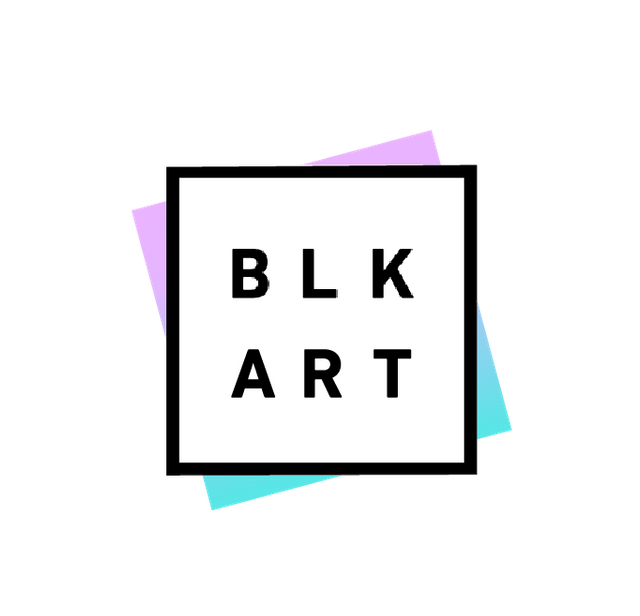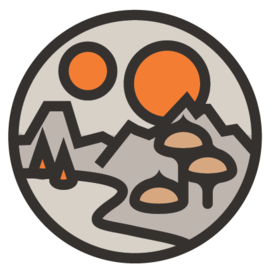Non-Fungible Tokens (NFT) Explained
Crypto assets are designed to have many different properties.
One of these properties is fungibility and non-fungibility. Fungibility is defined in economics as the interchangeability of a unit of a particular commodity to other units of the same product.
For example one unit of currency, a kilogram of gold, a kilogram of sugar, etc. Imagine you had to lend someone $100 note, it wouldn’t matter if they returned the same bill or any other of equal value as long as they return it.
So simply put, a crypto token that is fungible is not unique in any way. It’s also interchangeable with other similar tokens, and it can be easily replaced. Many of these fungible tokens are based on the ERC-20 standard.
However, a non-fungible token is unique and can’t be interchanged with other similar tokens.
For fungible tokens, only quantity matters. Amounts can also be divided into larger or smaller quantities which makes them indistinguishable from the rest.
However, it’s important to note that fungible tokens only work well for tokens that aspire to have a currency like properties as opposed to being unique.
For non-fungible tokens, many are based on the ERC-721 standard. They can be compared to baseball cards where each card has unique information, and it’s rare on its own.
Also, unlike fungible tokens that are divisible to many different units, non-fungible tokens can’t be divided and should be bought or sold whole.

Table of Content
- Key Differences Between Fungible And Non-Fungible Tokens
- Different Applications Of Non-fungible Tokens
- Popular Examples Of Non-Fungible Tokens
-CryptoKitties
-CryptoFighters
-Blockchain Art Collective
-Etherbots
-Decentraland
Key Differences Between Fungible And Non-Fungible Tokens
Fungible tokens are uniform in that they are identical in specification to each other of the same type however non-fungible tokens contain unique attributes and information which makes them hard to replace or swap for example airplane tickets which may look the same but contain different information.
Fungible tokens are divisible to smaller units and it never really matters what unit you get as long as it’s of the same value, e.g. changing notes for coins. However, non-fungible tokens can’t be divided into different units, e.g. your bus ticket can’t be divided into other bus tickets.
Fungible tokens can easily be interchanged with other tokens that have the same value. However, non-fungible tokens cannot be interchanged with other units of the same type.
So, what makes non-fungible tokens unique is that it’s easy to tell how many they are. The blockchain allows for tokens to be added with different properties that make them digitally scarce. It also provides for a decentralized way to maintain, manage and confirm the authenticity of digitally rare items at a low operational cost.
Different Applications Of Non-fungible Tokens
Non-fungible tokens have many different applications especially in crypto gaming, crypto-collectibles and also in tokens that represent scarce unique property like houses and artwork. This has opened the doors for putting things like real estate data, certificates, IDs, and any other important information involving real-world assets on the blockchain.
A) Certificates – This includes government-issued IDs, software licenses, school transcripts, academic credentials, birth certificates, warranties and many more. NFTs allow people to reclaim the ownership of their data from birth certificates, school certificates and any other vital identity information without needing a centralized institution storing the data.
B) Crypto Collectibles And Games – In 2017, CryptoKitties was one of the first pioneers of NFTs crypto collectibles. The game involves collecting and breeding digital cats, and each of the cats digital genetic material is stored on the blockchain. Other such kinds of games include CryptoAlpacas and CryptoPunks.
C) Managing Wills – Tokenizing an item or property makes it easier to divide it among many different individuals in equal shares. This applies in a scenario where a person passes away and for example leaves an artwork to several siblings. Since art appreciates with time, they may want to hold onto it. By tokenizing the piece, they can get equal shares and benefit equally as it grows in value with time.
D) Security Tokens And Property Titles – These include art, memorabilia, collectibles and real estate. NFTs provide an excellent and effective way of tokenizing various types of assets. Once they are tokenized they create new investment opportunities.
Popular Examples Of Non-Fungible Tokens
CryptoKitties

It’s a digital collectible game that was launched in 2017. It involves breeding digital cats that can be traded. The game gained a lot of attention within the crypto community, and it managed to raise $12.5 million from to VC ventures and angel investors. Genesis was the first cat on the platform. It also remains the most expensive cat on the platform after managing sell for almost $120,000.
The ownership of the cats is tracked using smart contracts which are based on the Ethereum blockchain, and they are distributed automatically at the rate of one every 15 minutes.
CryptoFighters

Released in January 2018, CryptoFighters is an Ethereum crypto collectible game that allows players to collect uniquely generated fighters. Each fighter is different from the others and has their data stored on the blockchain. The stats of each fighter are also stored on the blockchain, and they determine how well they perform in battles.
Blockchain Art Collective

Blockchain Art Collective is a platform that provides a holistic art identity. It combines different functions of the artist’s signature, a digital certificate of authenticity and a digital catalog raisonne to form a single secure identity which is financially and referentially accessible to anyone in the art world.
Etherbots

Etherbots is a decentralized app which is based on the Ethereum blockchain. Like other collectible games, the robot wars inspired game allows users to collect weapons and parts and use them to build dynamic robots that they can use to battle other users on the platform.
Decentraland

Decentraland is an open source virtual reality platform that is based on the Ethereum blockchain. On the platform users can purchase pieces of land which they can later build on, traverse and even monetize. The options are limitless on the platform.
To make purchases in the virtual world, you have to purchase MANA, the native currency of Decentraland. It’s an ERC20 token that can be used to buy land and pay for the in-world goods and services.
Want to know more about it, join us on our Discord and Telegram channels and get into the discussion, or join our 8000 member community on our ICO DOG Investment Platform:
Discord: https://discord.gg/d4EpnZc!
Telegram: https://t.me/ICO_DOG_POOL!
ICODOG: https://icodogpool.com/! ; https://icodog.io/
really great explanation! Thanks as always for the info!
thanks! A lot, been learning a by doing these :D We will also do another influencer deep dive soon, like the craig right one and after maybe Vitalik.
Any other suggestions?
Loving these #informative posts!
Thanks, @icodog!!!
Thanks, I really feel there is a lack of not good but #useful information in crypto.
Congratulations @icodog! You have completed the following achievement on the Steem blockchain and have been rewarded with new badge(s) :
Click here to view your Board
If you no longer want to receive notifications, reply to this comment with the word
STOPWOOT WOOT!!! ICO DOG TO DA MOON!
Good overview, useful for sharing to explain to people interested in the area of non-fungible tokens
these will become really interesting once people will realize that their in game achievements can be deleted right away.